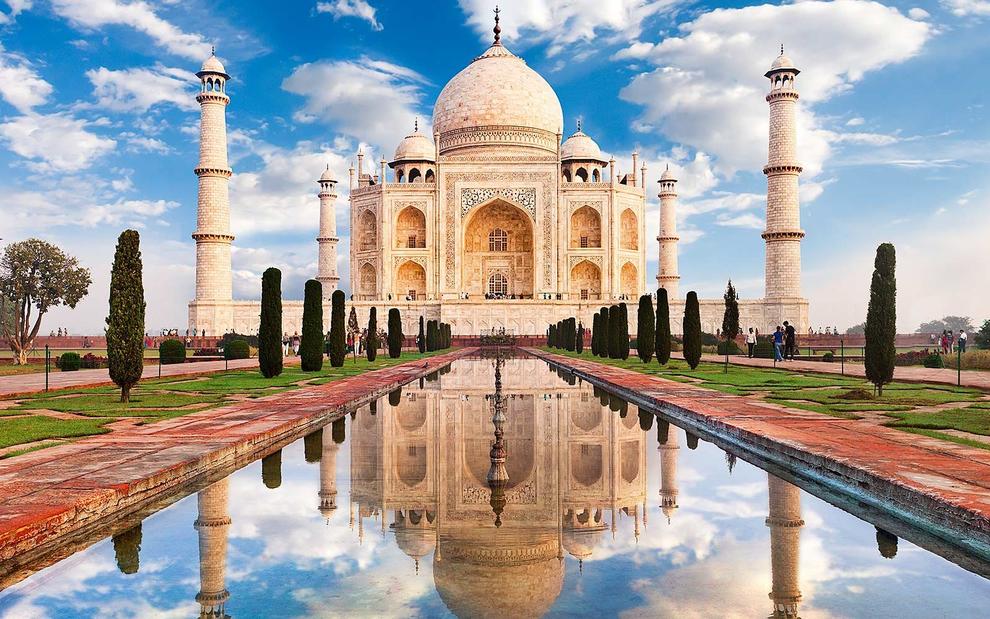Diaspora is Fueled From The Homeland
Although the word diaspora creates pejorative connotations suggesting traumatic separation from the homeland, such as the elements identified by the British Social Scientist Robin Cohen, it also includes leaving the homeland for purposes such as seeking employment and doing business or for colonial claims. Diasporas have also become important not only in a cultural sense but also from a political and economic perspective, especially following the migrations of World War I and II.
Diaspora members must be actively involved in social, economic and political life in order to overcome being qualified as guests or minorities in the countries where they live. Thus, the integration of people in their countries of residence while maintaining their bond with their homeland will prevent the exclusion reflex. However, the vision of integration should be within a framework that fights and challenges assimilation
Thus, diaspora also becomes a subject of politics. The aim of Diaspora studies is to determine cultural, economic, social and political spheres on a global and local scale and activate common reflexes. In this respect, good governance of the distance by the homeland is proportional to the effectiveness of the “common” reflexes.
WHAT CAN THE HOMELAND DO FOR THE DIASPORA?
Migration movements affect host countries and are also important for the sending countries. The fact that diaspora members can make meaningful contributions for the homeland even when they are elsewhere provides a source for cross-border bridges for countries.
Although the reasons for the formation of world diasporas are different, we observe that all diasporas are fueled from the homeland as a common source of power.
The organizational success of the diasporas is underlined with having a robust functioning system with social capital supported by the homeland, information transfer, informatics facilities and pressure groups. Through the establishment of a network to mobilize Diaspora groups the young generations get the right training, a network for the exchange of experiences and knowledge is available and legal assistance can be provided to defend the social and economic rights of these individuals. Transaction costs for the investments and money transfers of the diaspora to the homeland must be reduced, identification of key diaspora members in areas such as economics, politics, education, sports and arts, as well as sharing success stories and operating a reward mechanism is necessary. Furthermore, the active use of the press and media organs and country image studies should be supported by the homeland.
WHAT ARE WE DOING FOR THE TURKISH DIASPORA?
Unlike the diasporas, which refer to religion, tragedy, colonialism or ethnicity, the Turkish diaspora is classified as labor diaspora. The World Turkish Business Council (DTİK), which was established as a result of this phenomenon, is one of the special purpose councils of the DEİK (Foreign Economic Relations Board), where the Turkish diaspora was considered as a global force for the first time.
Designing a sustainable diaspora strategy through public-private sector dialogue by operating a common reasoning mechanism with Turkish business people abroad is among the establishment objectives of DTİK. In this study, we have determined various targets to use our entrepreneurial spirit, which is our most strategic power in global competition, to reach the potential power of our Turkish entrepreneurs abroad and activate our members in diaspora and lobbying activities. We support our Turkish entrepreneurs abroad to share their experience and information with our entrepreneurs who are active in the world, to guide our entrepreneurs who want to be informed about the market, and to enable our business people abroad to participate proactively in economic platforms and policy sharing networks.
We are aware of the fact that all of the executed works are essentially nourished by the “spirit of association”. Our President, the esteemed Recep Tayyip Erdoğan underlined the importance of unity and association by referring to the verse of Nazım Hikmet’s poem, “To live! like a tree alone and free, To Live! like a forest in brotherhood/sisterhood…” by saying “When we learn to take ownership of our egos and live like brothers like the trees in a forest, I sincerely believe that as a nation no erosion, no fire will bring us to our knees.” Therefore, we continue our work with the synergy to be generated with the cooperation of our entrepreneurs in the four corners of the world.



